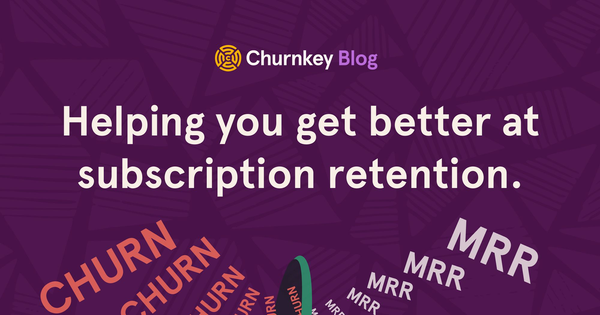When your product has a soul
It’s your customers who are the ultimate inspiration and your reason for existence. Not your competitors.

Last year, we were victims of multiple copycats. Not only did they rip off our product’s design and branding, they even copied our blog posts, terminology, and bought Google ads on our brand name. (I won’t link to them here and I won’t mention their names, as it gives them undue attention).
But that wasn’t the most brazen behavior. They went one step further and posed as potential customers. Across multiple conversations, they tried to milk us for information. How did we handle x or y situation? Why did we make that decision? What would you do if z happened?

After we discovered what was happening, I thought of all the ways we could retaliate. Anger blinded me for a while, but then it passed.
Because I realized that we have something they never will: real opinions. That means we’re thinking in ways and building things that they’ll either never consider doing, never do, or won’t be able to pull off.
Our product has a soul and theirs are soulless.
Start with an opinion
Long ago, 37signals spoke about the virtues of opinionated software in Getting Real, which has propelled the continued success of Basecamp and HEY, their (relatively new) email product. It’s one of my favorite tenets for building products:
The best software has a vision. The best software takes sides. When someone uses software, they’re not just looking for features, they’re looking for an approach. They’re looking for a vision.
And it’s not just HEY or Basecamp that have strong opinions. Consider iA Writer, Roam Research, Sudowrite, Gumroad, or Notion. There’s a tangible something to each of these products. Something that can’t be explained but can be felt: the weightiness of deep thought, consideration, and care behind the UI and the jargon they use.
What does your soul look like?
The notion of a product having a soul is similar to “opinionated software,” but it takes things in a different direction. Soul means that the product starts making its own decisions. (And no, this isn’t some AI thing. Although it could be?)
There’s a well-known phenomenon writers experience when they’re crafting stories: the characters start making their own decisions. It’s a sign that you’ve defined them well enough, thought deeply about what makes the characters who they are, and given them the space to become fully formed. I’ve written two novels and created a couple dozen characters for them—wholly-unique, named people who don’t actually exist—and it's both scary and thrilling the first time one of your characters "decides" to make a different choice than you planned for them.
When your product has a soul, it’ll start to make its own decisions just like a fully-formed character. Your customers define the story and your product responds. Because it’s your customers who are the ultimate inspiration, your reason for existence, not your competitors.
And that means that your product starts to become more unique. It’ll make decisions, form new ideas, and accomplish things no copycat could ever do. It'll delight your customers by being more helpful in surprising ways. Copycats will be left to wonder how you make decisions and why.
Create the music you want to hear
Metallica helped invent a new sub-genre of heavy metal in the 1980s called “thrash.” But James Hetfield, co-founder and frontman of the band, only had this to say about it:
We were playing music that we wanted to hear. [It's] as simple as that. People don't understand how important things are in the moment, when you're doing them, until later on, which is great. 'Cause if we thought it was that important, we would have screwed it up, probably.
James Hetfield and Lars Ulrich weren't out there copying Mötley Crue or other hair bands who were big at the time in the Los Angeles rock scene. The band was doing their own thing, fueled by their own work, inspired by their unique influences.

And that pattern of originality continued. Over the past 42 years, Metallica's sound has evolved and warped over time (much to the chagrin of their earliest fans). But they're nearly in their sixties and still in the conversation, still making new music, still topping the charts.
Ignore the soulless ones
While your product might not attain Metallica-level success (they're one of the most commercially-successful bands ever), infusing your product with a unique soul—made up of your own research, listening to your customers, and inventing your own way to make them happy—just feels better. You're not chasing someone else's vision. Not ripping someone off, trying to make a quick buck.
Copycats come and go. They're ultimately distractions and can distort your decision-making process. Worse, if you think about them too much, they've stolen your most valuable resource: time.
So ignore the soulless ones. Build a product with a soul, focus on your customers, and mark the date when your product starts to develop preferences of its own.



